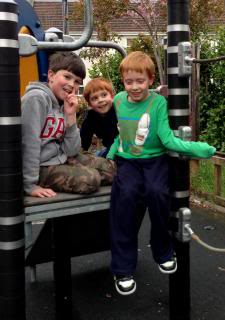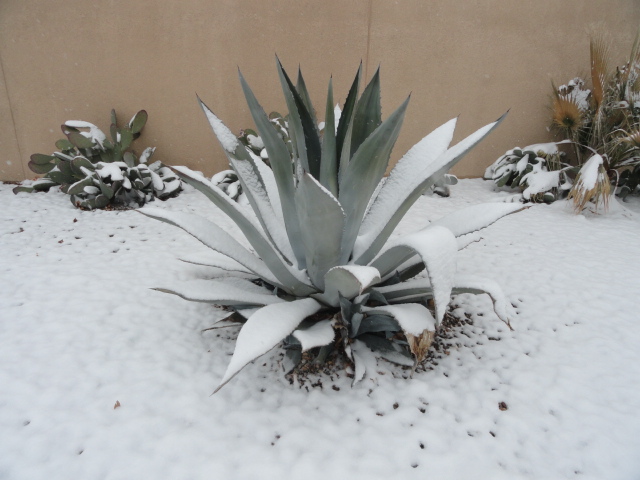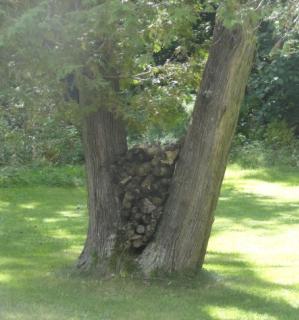My strongly held belief about most things is that no one knows for sure, knowledge grows and changes, but that stress and fear are always harmful.
photo by Janine Davies
My strongly held belief about most things is that no one knows for sure, knowledge grows and changes, but that stress and fear are always harmful.




Don't spend money at first. Read, meet other families, let your children have time to do what they're interested in, or what they weren't allowed to do before because of school.
 |
While the children are recovering, the parents can learn about what they want to do and why, and how. There is more online about homeschooling than anyone could ever read. Find the writers and ideas that make sense to you, and pursue that. Don't rush into anything. Parents should learn to be calm and thoughtful instead of panicky and reactionary. It's better for health and decision-making, and it sets a good example for the children. Don't live in fear when you can live in joy.
Learning requires a sense of safety.
Fear blocks learning. Shame and embarrassment, stress and anxiety—these block learning.
So don't pressure, coerce or confuse your children.
Smile and laugh and provide.
Keep them safe and fed and warm and they will grow all sorts of ways.

Unschooling advice—or deschooling oneself—does not change just because the kids get older: *Get closer to your child.*
Eliminate those degrees of separation that have started to grow fearful roots in you! When that happens, *you* actually start to *create* that divisiveness and separation in your relationship, by listening to your fear over the needs and interests of your kid. Do not let that monster in! Shine the light on the scary cobwebs and dark stuff.

 |